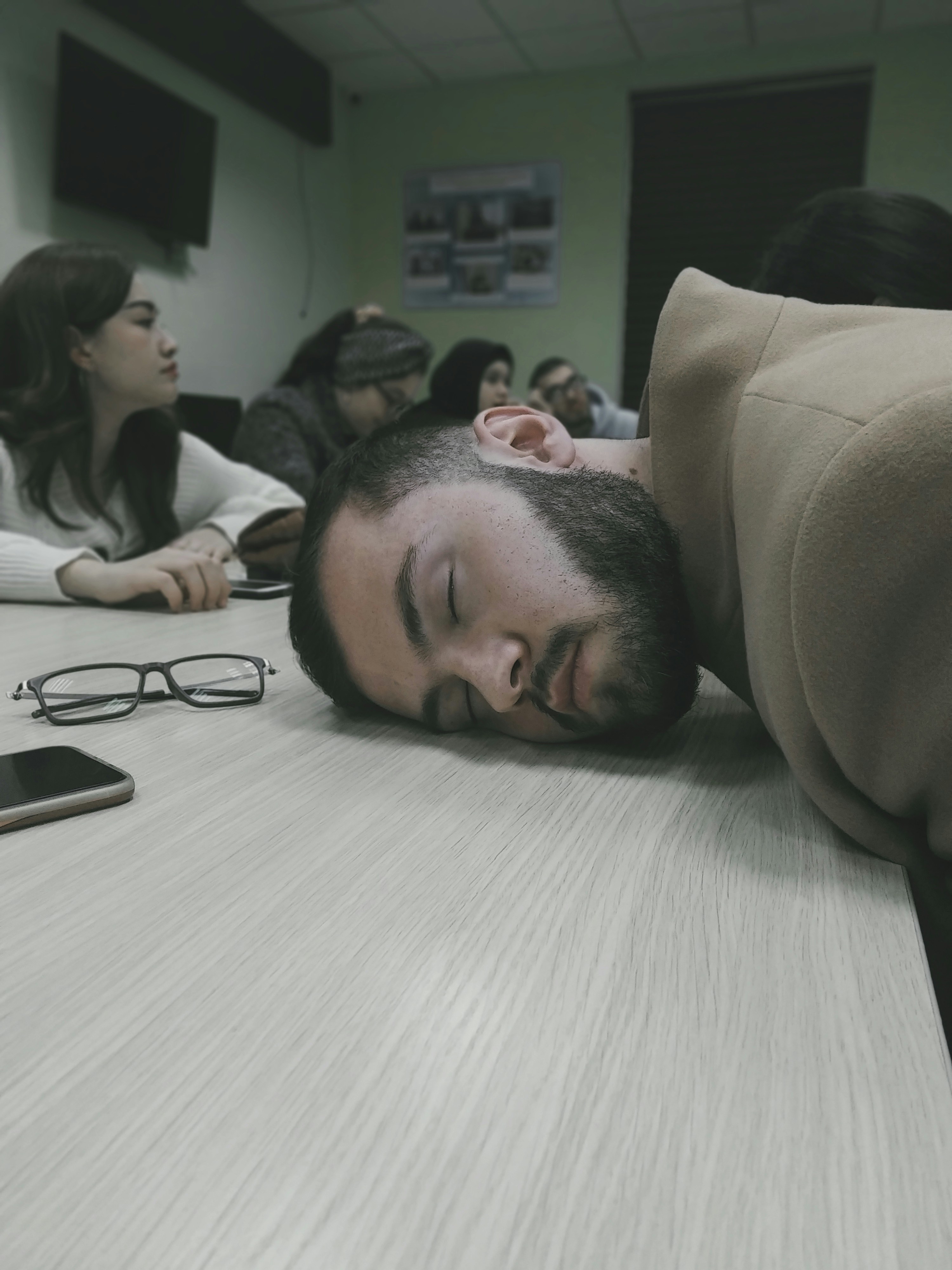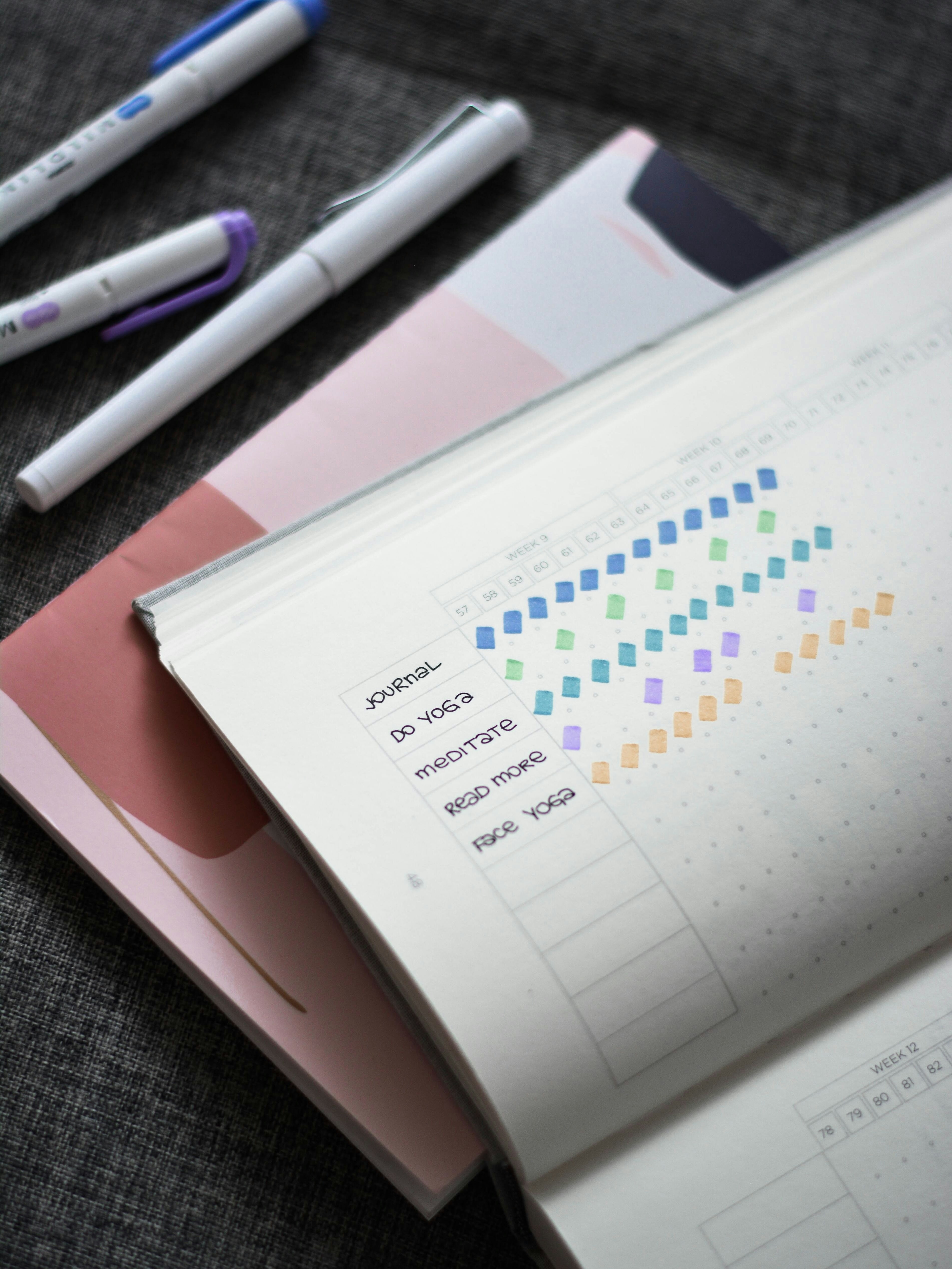· Fitness · 4 min read
3 Unconventional Steps to All-Day Energy (Without Caffeine or Sugar)
Discover three science-backed, unconventional approaches to maintaining sustained energy throughout your day without relying on caffeine or sugar. Learn practical strategies that address the root causes of fatigue rather than masking symptoms.

It’s 2:30 PM. You Know What Happens Next…
It hits like clockwork.
The afternoon energy crash. That moment when your eyelids get heavy, your focus blurs, and your productivity plummets.
You’ve been here before—hundreds of times. And like clockwork, you follow the same routine:
First, you try to power through. “Just five more minutes,” you tell yourself.
Then comes the internal negotiation: “Maybe I should grab another coffee… or perhaps tea would be ‘healthier’?” Your eyes drift toward the break room, where you know someone brought donuts this morning.
Before you know it, you’re standing in line at the office coffee machine, or worse, mindlessly reaching for that last glazed donut—anything to get through the next few hours.
Sound familiar?
What if I told you that this daily energy crisis isn’t just unnecessary—it’s actually a missed opportunity?
This guide reveals three counterintuitive strategies that leverage your body’s natural biochemistry and psychology to create energy seemingly out of nowhere—no caffeine or sugar required.
These aren’t just theories. They’re science-backed approaches we’ve used with hundreds of busy professionals at Real-Time Strength to help them reclaim their energy and productivity.
Step 1: Embrace the Energy Dip (Your Fat-Burning Sweet Spot)
That mid-afternoon energy slump? It might actually be good news.
When your energy dips, it often signals that your body is transitioning from burning carbohydrates (stored as glycogen) to burning fat for fuel. This metabolic switch is exactly what you want if your goal is fat loss.
Most people misinterpret this transition as a problem that needs fixing with a snack or caffeine. But by doing so, they’re actually interrupting one of the body’s most efficient fat-burning processes.
Instead of reaching for a quick fix, recognize this feeling as your body accessing stored fat for energy. Rather than fighting it, acknowledge it with a simple thought: “My body is burning fat right now.”
This small mindset shift transforms what feels like a limitation into a biological advantage.
Step 2: Activate Your Brain-Body-Brain Arousal Loop
Stanford neuroscientist Dr. Andrew Huberman has identified what he calls an “arousal loop” that creates energy through movement:
“One reason exercise gives you energy: a circuit from your motor cortex to your adrenals causes release of epinephrine, which activates specific vagal circuits which excites brain areas that release norepinephrine/alertness. A brain-to-body-to-brain ‘arousal loop’. Movement = energy.”
In simpler terms: Your brain can create energy by commanding your body to move, which then signals back to your brain to release energy-boosting chemicals.
When energy is lowest, override your feelings with a command to move. Stand up, do 10 bodyweight squats, take a brisk 2-minute walk, or simply stretch your arms overhead. This isn’t about the exercise itself—it’s about triggering your brain-body-brain arousal loop.
The key insight: Energy doesn’t always precede movement. Often, movement creates energy.
Step 3: Harness the Winner Effect
Psychologists have identified a phenomenon called “the winner effect,” where success in one domain creates biochemical changes that make you more likely to succeed in subsequent challenges.
Each time you choose movement over surrender during an energy dip, you’re not just affecting your energy levels—you’re rewiring your brain’s confidence circuits.
After successfully navigating an energy dip without resorting to quick fixes, consciously acknowledge your win. Say to yourself: “I created energy through my choices, not my circumstances.”
This isn’t just positive thinking—it’s neurochemistry in action. Your brain releases dopamine and testosterone when you experience success, creating a temporary state of enhanced capability and confidence. This biochemical advantage is too valuable to waste.
The real power comes in what you do next. Most people experience a small win and then coast, letting that biochemical advantage dissipate. Instead, use this momentum to immediately set your sights on a bigger goal.
Ask yourself: “What larger challenge can I tackle now that I’ve proven my ability to create energy through willpower?”
Put These Principles Into Action
These three strategies can transform your relationship with energy, but they’re just the beginning. At Real-Time Strength, we help busy professionals optimize every aspect of their energy through personalized strength training, nutrition strategies, and recovery protocols.
Want to see how these principles could work specifically for your body and lifestyle? We offer free, no-pressure strategy sessions where you’ll walk away with:
- A clearer understanding of what’s really causing your energy fluctuations
- Personalized strategies you can implement immediately
- A glimpse into how our approach differs from typical fitness programs
Don’t worry—we don’t bite, and there’s no high-pressure sales tactics. Just a friendly conversation about how we might be able to help you achieve your goals.
After all, you’ve just learned about the winner effect. Why not use this moment of momentum to book a quick chat that could potentially change your relationship with energy forever?
Contact us to schedule a free consultation and see how we can help you achieve your goals.


